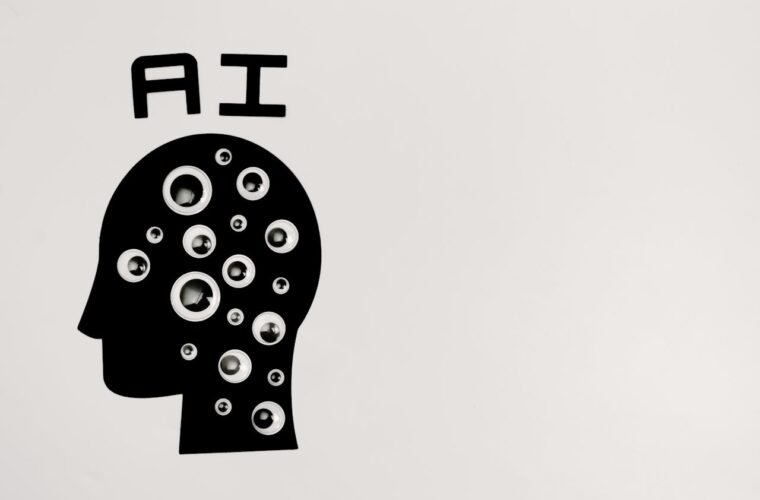Artificial intelligence is advancing, and with it, the loss of jobs in many sectors. It is not a risk but a certainty because, as always, when a disruptive object or technology arrives to rewrite processes and erase certain stages of the hitherto dominant working methods, the loser will be a man. No longer decisive for certain tasks and therefore replaced by software, in particular by generative AI systems. Confirming the inevitable scenario came the announcement by IBM, which planned to shed just under 8,000 employees over the next five years when their desks will gradually be vacated to make way for bots.
Make way for automation
“More mundane tasks such as writing evaluation and verification letters, but also moving employees between departments will probably be automated,” said Arvind Krishna, CEO of International Business Machines Corporation. He identified the back office, particularly the human resources department, as destined to undergo the most radical changes in the human-machine relationship. However, the US company’s number one specified that ‘several functions, such as assessing the composition and productivity of the workforce, will probably not be replaced in the next decade’.
Riding the most influential technology of the next ten years (at least) is a necessity for large companies, even more so with the spread of automated processes that, if they take time to be oiled from the outset, allow companies to save money, because when development is complete, the software does not cost money, unlike workers. The choice is an obligation, especially in times of crisis such as the ones we are currently experiencing.
The objective is to reduce expenses
Advanced artificial intelligence does not mean that companies will no longer hire. Still, priorities will change, with divisions requiring more creativity and others managed with the coexistence of humans and software. In the case of IBM, the announced cuts will affect a division with about 26,000 employees. “I could easily see 30% of that getting replaced by AI and automation over a five-year period“, specified Krishna, who joined IBM in 1990 and now heads a 260,000-worker giant.
In the first three months of 2023, IBM itself hired some 7,000 people and laid off 5,000, thus initiating a manoeuvre that by the end of next year, thanks also to the divestment of some unprofitable divisions, should produce a reduction in expenditure of $2 billion.


How job opportunities will change
IBM’s example will indeed be imitated by many other small, medium and large companies because the process has now begun, and artificial intelligence is a reality, not a promise. It is only a matter of waiting to understand better what and how much the impact of the technology may be, with workers being called upon to take advantage of the opportunities that will open up thanks to AI, provided they are familiar with and know how to handle the tools associated with it.
According to a study by the World Economic Forum in Davos, which asked 800 companies how they think the world of work will change and what their respective priorities will be in the search for new talent, just under 70 million jobs will be created in the next four years, with robotics, data management and artificial intelligence driving the need for new skills. However, the final balance is expected to be negative, as an estimated 83 million workers will be lost in the same time window, partly but not only due to the advancement of AI.
AI-generative experts’ doubts
Job losses aside, doubts about the future of artificial intelligence are growing, first and foremost, among specialists who have themselves contributed to machine learning research. The most recent and striking case is that of Geoffrey Hinton, one of the pioneers in the development of neural networks, who a fortnight ago left Google after a radical change in approach towards automation. “Machines are capable of knowing thousands of times what the human brain knows and this is a wake-up call of a serious existential threat that is no longer as distant as in the past“.
For the Anglo-Canadian scientist and computer scientist, at the moment, “tools like ChatGPT overshadow a person in terms of the amount of general knowledge, in terms of reasoning it’s not very good because it just makes simple reasoning, but the pace of progress is rapid and so we have to worry about that,” said Hinton, who believes that countries like the US and China should find common ground to regulate AI-generative models and prevent them from taking over from humans.



